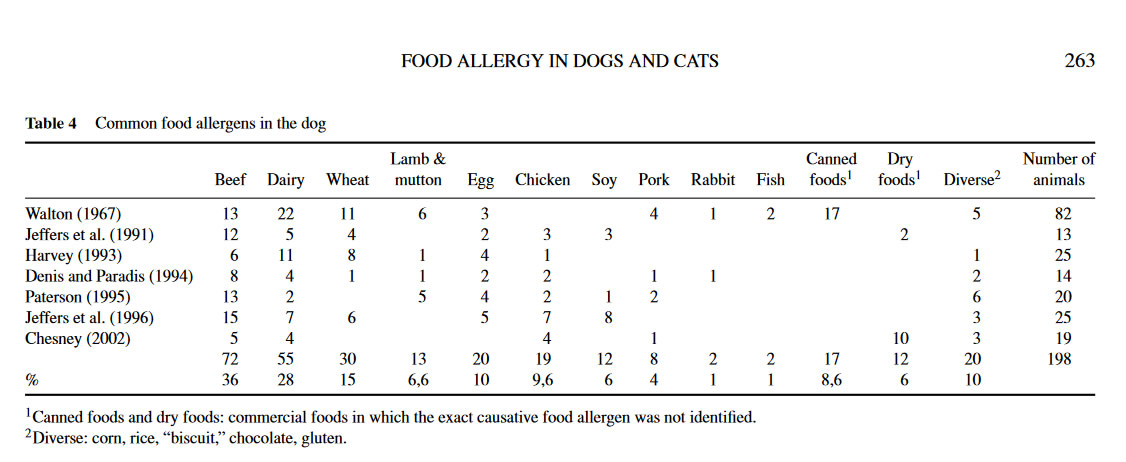A 10th study now supports the use of nutritionally-sound vegan dog food for our dogs and is yet further proof that we are all doing the right thing!
This latest study of 61 dogs at the University of Guelph by Dr Sarah Dodd et al. (2023) studied 31 dogs fed an experimental vegan diet (‘PLANT’) and 30 fed a commercial meat-based diet (‘MEAT’) for 3 months. Read the study here.
Vitamin D levels, bone composition and other health parameters were studied as Vit D is one of the essential vitamins needed to be added to all dog foods in just the right levels according to the FEDIAF requirements. Vit D has always been a very contentious subject regarding vegan dog food, as all meat-based dog foods have Vit D added from sheep’s wool (or lanolin). There are foods out there that can only be declared as vegetarian and not vegan as they have sheep’s wool (as lanolin or cholecalciferol) added instead of using Vit D from lichen or algae in its purest form (we only stock foods that have pure plant-based Vit D3 in them so all fully vegan!)
This latest study showed that –
“Bone mineral content and density did not differ from baseline values. Health status was maintained in dogs fed PLANT and Vitamin D2 [which is sourced from non-animal sources] appeared efficacious in maintaining serum total vitamin D concentrations and bone mineralisation. Findings support the hypothesis that PLANT was comparable to MEAT for maintenance of healthy adult dogs for at least 3 months.”
“The good thing about SCIENCE is that it’s true, whether or not you believe in it.”
– Neil Tyson
Thank goodness for all our researchers doing such a valuable job of providing us with the evidence based medicine that we need!
We all love a bit of science and see all the published studies so far….
FURTHER ARTICLES TO READ RELEVANT TO FEEDING YOUR DOG A VEGAN DIET
Survey of 1,189 North American dog guardians 2022
Dodd et al. (2022) collected dietary information from 1,189 dog guardians, including 357 feeding solely vegan diets, who fed these diets for 3 years on average. Vegan dogs were reportedly more likely to enjoy very good health, and less likely to suffer ocular, gastrointestinal and hepatic (liver) disorders. No health disorders were more likely, and longevity of previously-owned dogs was reportedly 1.5 years greater, when fed purely vegan diets.
The healthiest and least hazardous dietary choices for dogs, are nutritionally sound vegan diets
Prof Andrew Knight and colleagues (Huang E, Rai N, Brown H) published a groundbreaking research paper on the 13th April 2022 that stated from the findings of 2,639 dogs, that “the pooled evidence to date indicates that the healthiest and least hazardous dietary choices for dogs, are nutritionally sound vegan diets.”
Survey of 100 UK dog guardians
Davies (2022) surveyed 100 dog guardians who had switched to a nutritionally complete vegan dog food designed by UK veterinarians. “The vegan food was acceptable (palatable), and appetite and body weight were not adversely affected. Changes, including improvements, were reported and statistically significant at p< .05 in the following areas: activity, faecal consistency, frequency of defaecation, flatus frequency, flatus antisocial smell, coat glossiness, scales in haircoat (dandruff), redness of the skin (itching, inflammation), itchiness (scratching; pruritus), and anxiety.”
Peer review analysis of Prof Andrew Knight and Dr Sarah Dodd papers
Domínguez-Oliva et al. (2023) concluded, “there was no overwhelming evidence of adverse effects arising from use of these diets and there was some evidence of benefits. … Much of these data were acquired from owners via survey-type studies, but these can be subject to selection biases, as well as subjectivity around the outcomes. However, these beneficial findings were relatively consistent across several studies and should, therefore, not be disregarded.” They advised, “… if guardians wish to feed their companion animals vegan diets, a cautious approach should be taken using commercially produced diets which have been formulated considering the nutritional needs of the target species.” [i.e., that are nutritionally-sound].
Prospective clinical study of 15 dogs 2023
Linde et al. (2023) studied 15 dogs fed vegan diets (V-Dog ‘Kind Kibble’) for one year after previously being fed meat-based diets. They evaluated clinical, haematological (blood cells etc.), and nutritional parameters at 0, 6, and 12 months, including complete blood count (CBC), blood chemistry, cardiac biomarkers, plasma amino acids, and serum vitamin concentrations. All dogs maintained their health status. Three who had been overweight or obese lost weight. Blood results confirmed the diet provided all essential amino acids, and for several nutrients blood levels increased. In some cases previous deficiencies reversed, without supplement use.
Vegan versus meat-based pet foods: Owner-reported palatability behaviours
Latest proof that vegan dog food diets are as palatable as meat-based or even raw in this significant study carried out during 2020 and published by Prof Andrew Knight in June 2021
Toxic element levels in ingredients and commercial pet foods
An experimental meat-free diet in sprint-racing sled dogs
This article titled – An experimental meat-free diet maintained haematological characteristics in sprint-racing sled dogs was the very first inspiration that I had as a meat-eating vet feeding meat-based dog food to my dog to look at transitioning for both of us in 2019, so a very inspiring article!
Lewis Hamilton's Dog Roscoe Is Vegan
Bramble the Collie's Secrets to Living to Age 25
You may have heard her story before. Bramble the amazing Border Collie lived to just over 25 years old and is known as one of the world’s oldest dogs. Here is an interview with Anne Heritage the owner of the remarkable Bramble.
Dog domestication reveals adaptation to a starch-rich diet
A fascinating study proving how mutations in key genes occurred allowing increased starch digestion in dogs relative to wolves. These results indicate that early ancestors of modern dogs could thrive on a diet rich in starch which constituted a crucial step in the early domestication of dogs.
Master's Thesis - 'Vegan diet and its effects on the dog's health' by Lukas Kiemer
Food Allergies in Dogs and Cats
This article discusses adverse food reactions, hypoallergenic diets, the most common allergens in dogs and cats and therapy
This is the most important page in the article on page 263 as the complete dog foods we stock contains NONE of the most common allergens :

Stop eating fish. It’s the only way to save the life in our seas
Unhindered by regulation, driven by greed, the fishing industry is the greatest threat to our oceans. We must take action
Role of the gut microbiome in chronic diseases: a narrative review
The Health Advantage of a Vegan Diet: Exploring the Gut Microbiota Connection

“As a vet, I believe in a kinder, healthier way to feed our pets that does no damage to our environment, harms no animals and uses fresh, healthy plant-based ingredients for a balanced and delicious diet”
Arielle Vegan Vet
“If nobody changes then nothing changes but if somebody changes then everything changes!”
Arielle Vegan Vet

Study Of Twins Shows Benefits Of Plant-Based Diet
A ‘Groundbreaking’ Study Of Identical Twins Finds Benefits Of Plant-Based Diet And Same In Dogs!
We share the same gut microbiome as our dogs!
Dr Arielle speaks at Vegfest London about the similarities between us and our dogs on a plant-based diet in reducing inflammation and healing auto-immune conditions
London Vet Show Highs and Lows
I returned home emotionally drained, but also feeling so much more positive about the future of plant-based dog nutrition with the contacts that were made






